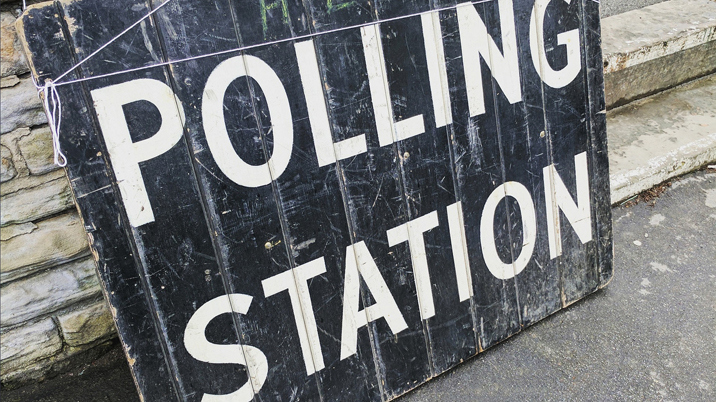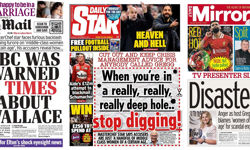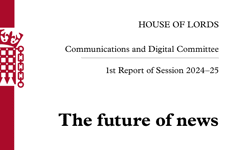
2024 is election year in the US and almost certainly in the UK too.
To function well, democracies need well-informed citizens and this can only happen through widespread reliance on reputable, fearless and honest media.
Sadly, there is less of that around these days.
At the end of March, Guardian journalist Edward Helmore wrote a piece entitled ‘The final act: fears US journalism crisis could destabilize 2024 election’, in which he argued that the diminished state of the US media (21,400 media jobs lost last year) was creating news deserts.
This means that increasing numbers of people are getting their information from sources that are highly vulnerable to misinformation efforts by bad actors.
Helmore notes that “the share of US adults who say they regularly get news from TikTok has more than quadrupled, from 3% in 2020 to 14% in 2023”.
Social media has polarised society, with its algorithms set to detect users’ political leanings and to then repeatedly reinforce and accentuate those leanings.
People only hear what they want to hear.
The inability of mainstream media to be heard was evident in the last US election. In 2016, 391 daily and weekly newspapers endorsed Hillary Clinton while only 26 endorsed Donald Trump. It’s hard to imagine a scenario in the pre-internet age when such a split wouldn’t have resulted in a landslide victory for Clinton.
It’s unlikely that anything the mainstream media can do now will move the dial significantly in time for this year’s elections. The goal must be a medium-term mission to reclaim our reach and moral authority.
To do that, we might need to put our own house in order first. In their editorial in the April edition of Byline Times (theme of the issue: The price of lies and our failing media), Hardeep Matharu and Peter Jukes write that what they see as the crisis in British democracy (“the unwritten constitution, the challenges of engaging young people, the need to reform the cronyism of the House of Lords, the pervasive distrust of politicians”) is in large part down to the failings of the established press – “the crisis in our politics and the crisis in our media are connected.”
Specifically, they criticise the media’s unwillingness to consistently hold power to account.
Healthy democracies need their mainstream media to be the best versions of themselves, always, and for people to hear what they have to say.
You can catch James Evelegh’s regular column in the InPubWeekly newsletter, which you can register to receive here.












